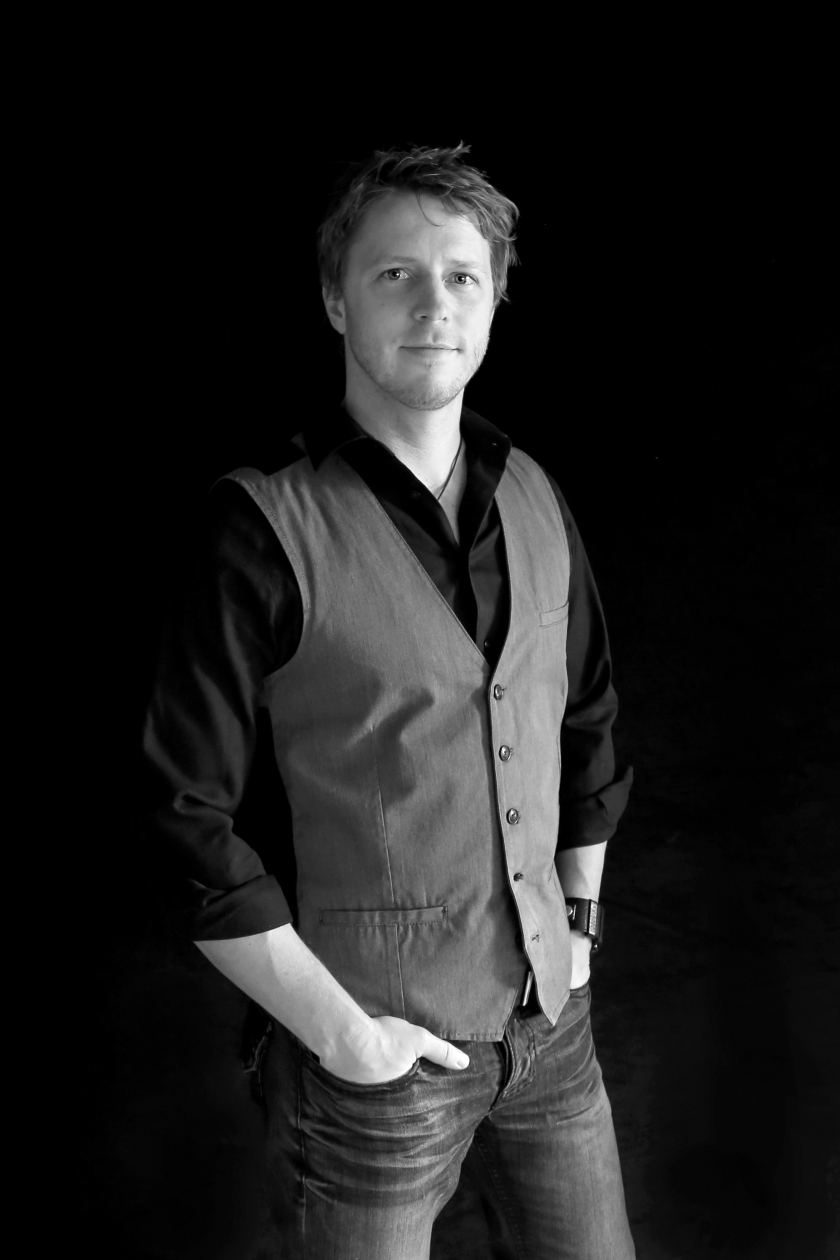FALL 2017
EN 600: Research Methods, Theory, and Professionalization
Dr. Katherine Bell

EN600 is a course that introduces students to bibliographic and research methods, theoretical models, and professional skills and issues related to English and Film Studies. The course is required for all MA students, and attendance is compulsory.
Note: The student’s performance in the course will be graded as either “satisfactory” or “unsatisfactory.” Failure to complete EN600 or to obtain a grade of “satisfactory” may result in suspension from the MA Program. A student’s final grade for the course will not be assigned as “satisfactory” until a grade of “satisfactory” has been obtained in all of the sessions.
EN 617: Identity Politics in Film
Dr. Jing Jing Chang
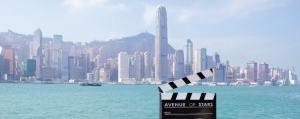
This course focuses on the various impacts of the advent and developments of film as technology, art and politics in the cinematic traditions of such countries as China, Mexico, and Iran, among others. Our main goal will be to examine film going as a modernizing yet colonizing social practice as well as films as cultural documents that mobilized imagination in the processes of nation-building. The modern technology of film brought about a new form of leisure and entertainment, but it also introduced people to new ways of conceiving time and space that were at once violent and disruptive. Informed by issues and problems tackled by such cultural studies and film scholars as Edward Said, Homi K. Bhabha and Ella Shohat among others, we will engage in in-depth analytic discussions of primarily non-Western national films in light of tradition and modernity, the urban and rural, women and family, body and sexuality, and colonialism and post-colonialism.
EN 627: Human Rights Genres
Dr. Madelaine Hron
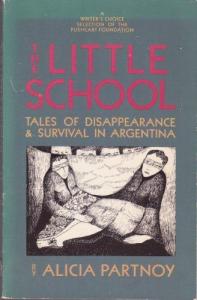 This course examines human rights discourse in light of the genres and rhetoric associated with it. We focus on the testimonial, documentary and Bildungsroman genres, on legal, trauma-inflected and sentimental rhetorics, but also consider such forms as propaganda, sci-fi or humor. Special attention is paid to such issues as visual/literary conventions/innovations, memory, “truth,” translation, cultural representation and ethical responses to suffering. Thematically, the course explores a variety of human rights (esp. torture, genocide, refugees, children’s rights, gender rights), as well as issues such as violence, bystanderism, trauma, healing, rehabilitation and reconciliation in such texts such as Wiesel’s Night, Partnoy’s The Little School, Hatzfeld’s Machete Season or documentaries such as Mr. Death, Half the Sky or The Art of Killing.
This course examines human rights discourse in light of the genres and rhetoric associated with it. We focus on the testimonial, documentary and Bildungsroman genres, on legal, trauma-inflected and sentimental rhetorics, but also consider such forms as propaganda, sci-fi or humor. Special attention is paid to such issues as visual/literary conventions/innovations, memory, “truth,” translation, cultural representation and ethical responses to suffering. Thematically, the course explores a variety of human rights (esp. torture, genocide, refugees, children’s rights, gender rights), as well as issues such as violence, bystanderism, trauma, healing, rehabilitation and reconciliation in such texts such as Wiesel’s Night, Partnoy’s The Little School, Hatzfeld’s Machete Season or documentaries such as Mr. Death, Half the Sky or The Art of Killing.
EN692d: Genesis, Genealogy, Genre: Foundational Fictions in Inter-American Literature
Dr. Ian MacRae
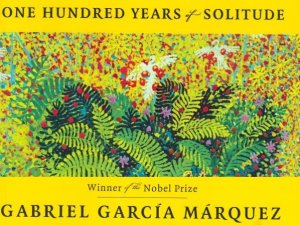
This course is concerned with the literary-historical beginnings of settler-colonial cultures in the Americas – that is, with how the foundations of settler cultures have been figured in the twentieth century novel. We will begin with the quintessential founding instance in the Judeo-Christian tradition, Robert Alter’s translation of Genesis (1996). This text in many ways serves as a model for our three novels: William Faulkner’s Absalom, Absalom!, Gabriel García Márquez’s Cien años de soledad (One Hundred Years of Solitude, trans. Gregory Rabassa), and the West Coast Canadian writer Jack Hodgins ‘ The Invention of the World. This is a grouping of texts that coheres at a higher level of structural units, with strong internal elements of allusion, and complex echoing effects among scenes and speech types. We will read these texts in relation to one another, and through them chart a brief but meaningful history of the twentieth century inter-American novel. In so doing, issues in translation theory, literary Modernism, magical realism, postcolonialism, and biblical criticism will be raised.
EN692_: Graphic Novels
Dr. Eleanor Ty
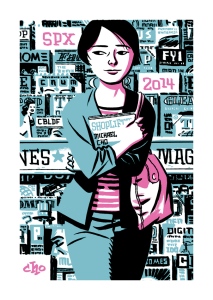
This course looks at a selection of contemporary graphic novels produced by artists and writers primarily from Canada and the U.S. Emerging from comics books and comics strips, which were perceived as cheap ephemeral entertainment for children and a mass audience, the graphic novel has now gained recognition as a respectable literary genre for adult and young adults. We will study six to seven graphic novels, including Jeff Lemire’s Essex County (2009), Sarah Leavitt’s Tangles: A Story about Alzheimer’s (2010), Alison Bechdel’s Fun Home: A Family Tragicomic (2006), Michael Cho’s Shoplifter (2014) as well as read critical essays about the development of the genre. Issues to be discussed include the relationship between image and text; aesthetics and narrative; the use of nostalgia, memory, fantasy, virtual reality, and the gothic; representations of the self, illness and aging, gender, sexuality, and race. NB. Students do not have to have competence in the genre to take the course.
WINTER 2018
EN 609: Canadian Women’s Literature
Dr. Tanis MacDonald
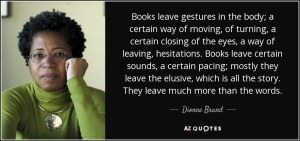
Canadian women writers have noted that the legacy of literary feminism requires a sharp political sensibility, an ear for the possibilities of reclaiming the language of literary foremothers in the Canadian cultural milieu, and a willingness to assert an alternative narrative of nation to those offered by the cultural nationalism on the 1970s. This course is designed to introduce graduate students to canonical and emerging works by women writers in Canada, with the aim of discussing the major movements and debates that surround the formation of a “shadow canon” of Canadian feminist writing. We will discuss patterns in Canadian women’s literature and genre experimentation as ways to track shifts in political subjectivities. Critical material will engage the literary and cultural dynamics of identity politics and gender theory and invite analysis of genre as a textual strategy in the creation of a feminist counter-public.
EN 612: First Wave Feminism and Print Culture in Britain
Dr. Maria DiCenzo
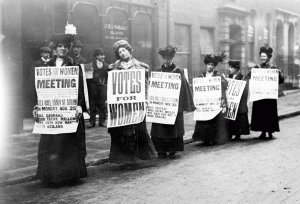
The course will examine a range of writings by late Victorian and Edwardian feminists, including essays and polemical works, periodicals/little magazines, literary genres (fiction, drama, poetry) and memoirs/ autobiography. The selection of primary readings reflects key figures and tendencies in the evolving women’s movement in these decades, with a particular focus on the suffrage campaign and an emphasis on diversity – the complex and often conflicting terms in which women reformers and activists engaged with one another and with the wider public. Approaching these texts from a feminist media history perspective offers an opportunity to move beyond conventional literary genres/discourses to examine the links between the proliferation of print media in the 19th and early 20th centuries, social movements and emerging modernities in these decades. The considerations underlying the course extend beyond the project of recovery and expanding the canon, to an investigation/interrogation of the social, political, and economic factors influencing what was produced, marketed, read, and ultimately legitimized/privileged through institutions of criticism then and scholarship now. These issues have been central to the growing field of ‘periodical studies’ and major digitization projects. Authors include Mona Caird, Eliza Lynn Linton, Sarah Grand, Cicely Hamilton, Gertrude Colmore, Rebecca West, Dora Marsden.
EN 616: Women and Crime in Fiction and Film
Dr. Philippa Gates
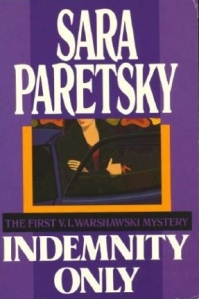
This course explores women’s subjectivity as author and protagonist and also the representation of women’s relationships to law and order as detective and criminal in detective fiction and film from the 1880s to today. This course explores what happens to a traditionally male genre – the detective story – when women occupy the key position of hero, criminal, or author. While male and female authors and detectives worked within the same conventions in the early decades of the genre, the 1940s saw a polarization of gender, genre, and nation as the predominantly male American hardboiled tradition attempted to differentiate itself as more authentic than the predominantly female British classical tradition. A similar shift occurred in films from the strong Depression-era woman detective to her demonization or omission in the decades that followed. Only in the 1980s did both fiction and film see a resurgence of the female-authored and -centered detective stories and in new directions, including “dyke noir” and the criminalist/serial killer narrative. We will explore literary as well as cinematic examples of the genre in conjunction with critical texts addressing issues of gender, nation, race, sexuality, and class and also consider how the individual texts can be regarded as a challenge to the mainstream through an emphasis on anti-heroes, gender-bending, and formal stylization. Short stories and novels may include Old Sleuth’s dime novel Lady Kate (1886), Agatha Christie’s classical The Body in the Library (1942), and Sara Paretsky’s revolutionary Indemnity Only (1982). Films may include Daughter of Shanghai (1937) with the only cinematic female Asian detective, Phantom Lady (1944) with the rare female noir detective, and Bound (1996) with lesbian criminal-heroes.
EN 644: Aesthetics, Cosmetics, and the Beautiful
Dr. Andrea Austin

This course will consider the cosmetic as cultural product, spiritual ideal, and iconographic practice. We will progress from a fundamental framework in aesthetics theory, particularly constructions of “the beautiful” in the visual arts, to a social history of the cosmetic, ranging from the cosmetic use of “natural poisons” (such as lead and arsenic) in the eighteenth century to the advent of a corporate cosmetics industry in the nineteenth century and the trend towards “organics” in the late twentieth century. A focus on DIY aesthetics, domestic/corporate and organic/synthetic dialectics, and the ontological significance of being “made up” will inform our readings of the primary course fictions. Selections from print and film texts, and secondary readings in aesthetics and cultural theory, will form our primary readings; course may also include a field trip.
EN 692p: Green Romanticism – From Semiotics to Praxis
Dr. Markus Poetzsch
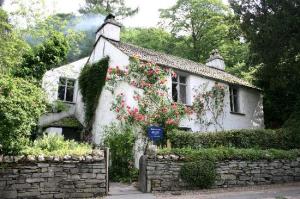
Foregrounding the tension between post-structuralism’s over-arching concern with rhetoricity and ecocriticism’s insistence on the materiality of “nature,” this course examines the interplay of nature-as-word and nature-as-world in the literature of the Romantic Era. From a wide array of lyric and loco-descriptive poetry, travelogues, natural histories, guidebooks and journals by writers such as William and Dorothy Wordsworth, Coleridge, Thelwall, Blake, Smith, Burns, Baillie, Shelley, Byron, Hemans, Clare and Ruskin, we will consider the artistic processes that alternately celebrate nature as parent or guide, that attempt to make nature as aesthetic spectacle subservient to human ends, that give nature a distinctive voice and moral agency, and, finally, that signal its unrepresentable otherness, what Timothy Morton calls its “strange strangeness.”
English & Film Studies Webpage: for up-to-date info
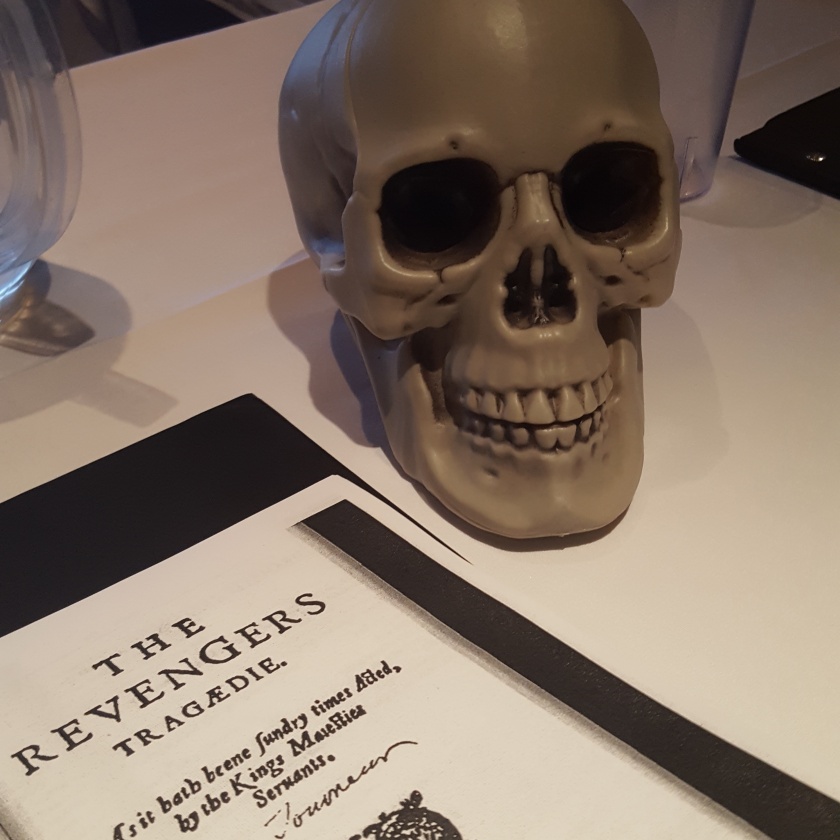
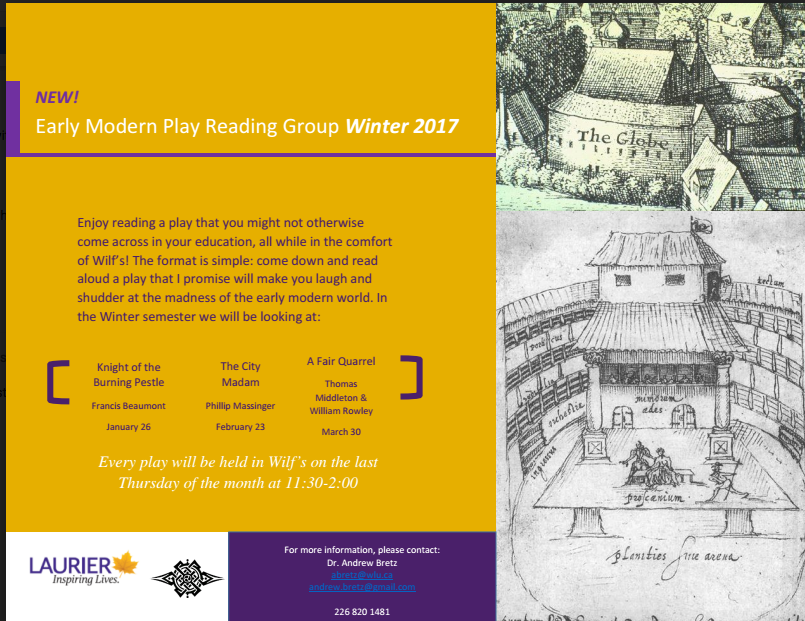
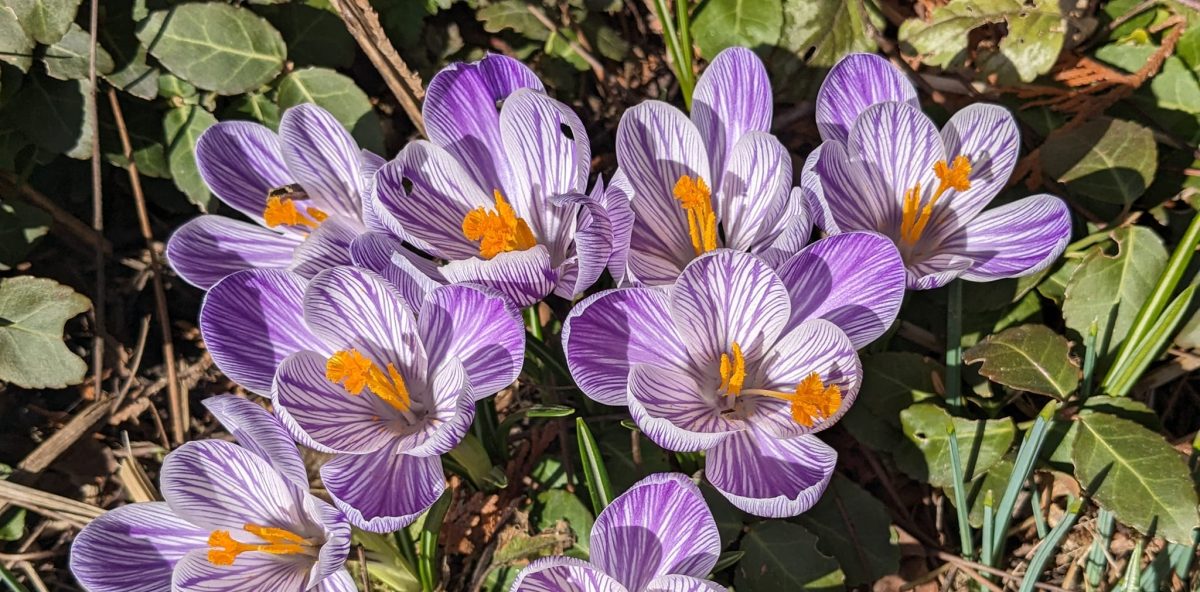







 This course examines human rights discourse in light of the genres and rhetoric associated with it. We focus on the testimonial, documentary and Bildungsroman genres, on legal, trauma-inflected and sentimental rhetorics, but also consider such forms as propaganda, sci-fi or humor. Special attention is paid to such issues as visual/literary conventions/innovations, memory, “truth,” translation, cultural representation and ethical responses to suffering. Thematically, the course explores a variety of human rights (esp. torture, genocide, refugees, children’s rights, gender rights), as well as issues such as violence, bystanderism, trauma, healing, rehabilitation and reconciliation in such texts such as Wiesel’s Night, Partnoy’s The Little School, Hatzfeld’s Machete Season or documentaries such as Mr. Death, Half the Sky or The Art of Killing.
This course examines human rights discourse in light of the genres and rhetoric associated with it. We focus on the testimonial, documentary and Bildungsroman genres, on legal, trauma-inflected and sentimental rhetorics, but also consider such forms as propaganda, sci-fi or humor. Special attention is paid to such issues as visual/literary conventions/innovations, memory, “truth,” translation, cultural representation and ethical responses to suffering. Thematically, the course explores a variety of human rights (esp. torture, genocide, refugees, children’s rights, gender rights), as well as issues such as violence, bystanderism, trauma, healing, rehabilitation and reconciliation in such texts such as Wiesel’s Night, Partnoy’s The Little School, Hatzfeld’s Machete Season or documentaries such as Mr. Death, Half the Sky or The Art of Killing.






